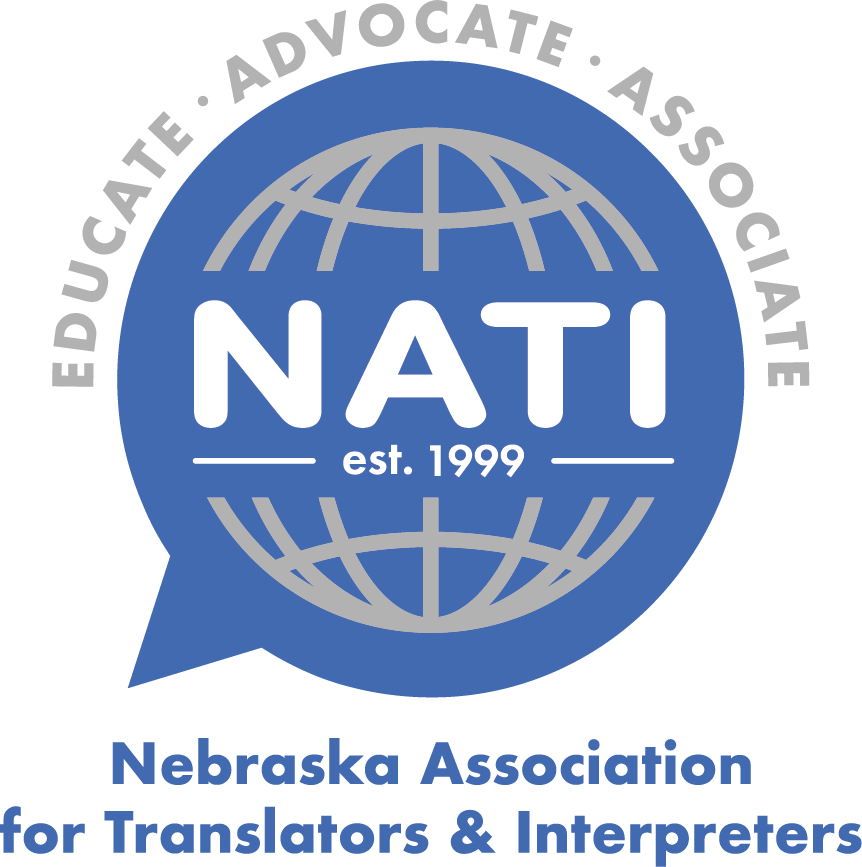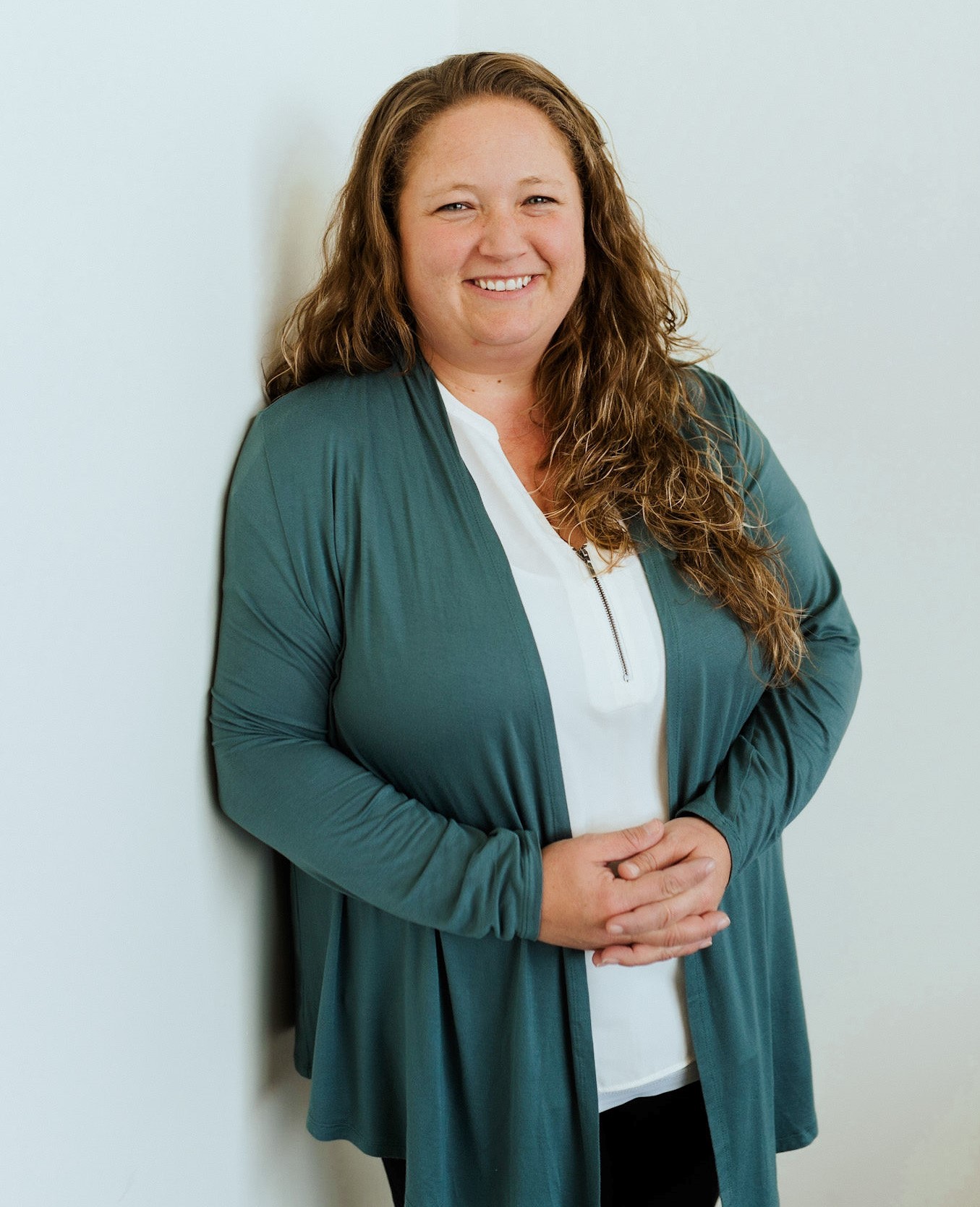About NATI
NATI was established in 1998 and formally incorporated as a 501(c)6 association in 1999 with our final bylaws ratified and signed on July 4, 2000. Since then, our membership has grown from 8 very dedicated members of a steering committee to over 200 independent contractors, NGO’s, government employees, businesses, volunteer language access activists, ESL instructors and healthcare providers. Our members speak numerous languages and dialects, have widely varying personal and professional backgrounds, hail from states around the US and generously share their cultural knowledge and multinational expertise.
The NATI Board of Directors is made up of active and dedicated NATI members who may be practicing interpreters and translators, language bureaus, students, public agency staff, and private organizations who utilize language service providers. We meet the first Sunday of every month from 1-3 PM. If you would like to attend a Board meeting as an observer, please email us at [email protected].
Board of Directors
Want to be on the NATI Board of Directors? Now is your chance!
Do you or someone you know want to make a difference in NATI while developing your own knowledge and skills? Consider serving on the Board of Directors! Elections are held after the annual conference. Details regarding the Election, the process, and requirements can be shared with individuals interested – just send us an email to get the form and steps on how to nominate yourself or others.
Remember: You MUST be a current member of NATI to be nominated for the Election for the Board.
Frequently Asked Questions
A translator is a person who renders messages and meaning of text, film, or other material from one language to another. (Not to be confused with an interpreter who works with spoken word.) There are specializations in translation much like interpretation, and depending on which you want to specialize will influence your steps for pursuing a career as a translator. It’s important to note that being a translator requires professional training; simply knowing languages isn’t enough. A few associations one can access for more resources are American Translators Association (ATA), American Foundation for Translation and Interpretation (AFTI), Fédération Internationale des Traducteurs/International Federation of Translators, The American Literary Translators Association (ALTA) .
A language interpreter is a person who provides an oral translation between speakers who speak different languages. The steps to become an interpreter depends on what you would like to specialize in – medical, legal, community, education, mental health, etc. But do know that to be a professional interpreter one must have training; knowing another language simply isn’t enough. For legal interpretation certification, you need to reach out to local courts or the Supreme Court of your state to find the steps and requirements and from there determine where to find training (Nebraska Courts, Iowa Courts). There is also the National Association of Judiciary Interpreters and Translators (NAJIT) . Usually there is an orientation that must be completed. For medical, there are numerous training events online or in-person through CCHI, IMIA, Bridging the Gap to name a few. Online training and in-person training is also available for legal, medical, community, social services, and mental health on TransInterpreting or Linguist Education Online. In some communities one can take classes at a local community college or university. And of course we encourage individuals to attend our annual conference to learn more about becoming an interpreter and network with those working in the industry.
There are also steps to become a Sign Language Interpreter. Registry of Interpreters for the Deaf, Inc. is a great resource to find training and certification steps.











